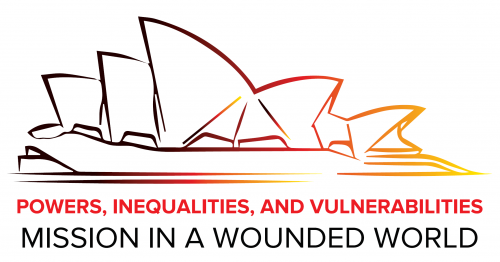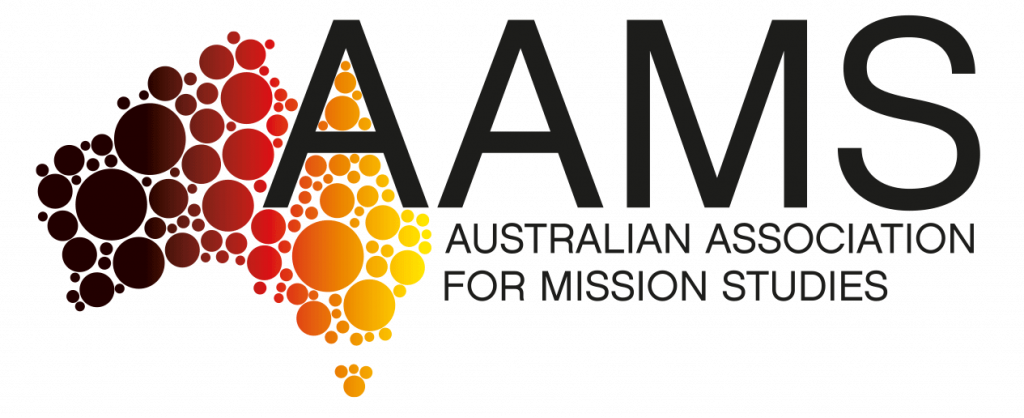“Powers, Inequalities, and Vulnerabilities: Mission in a Wounded World”

The theme named and explored the perception that missionary activity takes place in a world constituted by wounds in many forms. We wanted to consider mission—past, present, and future—mindful of the wounds the world and its peoples face; wounds to which Christian mission has sought to respond but which it has, at times, caused.
The Assembly considered Christian mission as a way of addressing powers, inequalities, and vulnerabilities from a variety of perspectives across the spectrum of mission studies.
Power is a constitutive aspect of Christian mission, an inescapable context in which it is pursued. Powers, understood collectively, name such realities as well as the ways that life-enhancing and life-diminishing structures can take a social and cumulative quality. Of course, those powers are understood differently depending on theological assumptions—that is, as spiritual or material, political or economic, human or nonhuman, individual or collective. Most Christians understand Christ as one who both wielded power and confronted power, though in surprising and counter-intuitive ways.
Inequality shapes Christian mission. Historically, mission was understood as taking the Gospel to those who do not have it—who were always unequal compared to the gospel-bearers. Other inequalities also continue to shape mission—including the inequalities based on gender and race, those established in historical processes such as colonial and imperial domination, economic exploitation or corruption, lack of access to health care, education, or security. Discrimination is commonplace and focused around other social distinctions such as sexual orientation, ecological circumstances, culture, language, social class, geographic location, age, physical or other disability. The gospel announces that Christ was born into a world shaped by inequalities and that he responded to them with compassion and, at times, prophetic denunciation.
Vulnerability is a human constant, shaping every human life. Yet the impact of vulnerability is experienced differently, a consequence of inequitable access to resources and power, commonly denied to those who are most socially, economically, and politically vulnerable. Self-critical practitioners of Christian mission are called to embrace their own vulnerabilities as they share in the missio Dei. They are called to mitigate the vulnerabilities that render so many human lives precarious. Sometimes, we must acknowledge that mission has exploited and increased the vulnerability of peoples reached with the gospel, often in situations of unequal distributions of power.
At the 15th Assembly of IAMS, we sought to offer new perspectives on Christian mission as mission in the context of a wounded world, including those linked to the forced dislocations of populations, discrimination toward migrants, increasing economic inequality, rising nationalism, and climate change. New perspectives on such issues, linked to mission and reflective of a world shaped by power, inequality, and vulnerability, drew on theological and other disciplinary perspectives, attentive to the integrative nature of mission studies.


